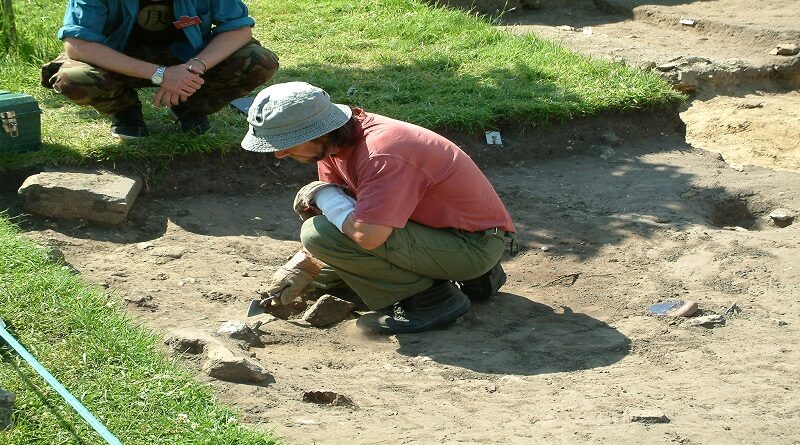Postgraduate courses in Archaeological Conservation
Archaeological conservation is a very important area. Without it, we wouldn’t have artefacts and objects from the past to use in research and study and we would not know as much about the past as we do and will continue to find out.
There are many different areas of conservation you can work in and specialise in so depending on your specific area, your tasks and duties may differ.
Have a look below if you’re planning on taking a postgraduate course in this area. Why not develop your career even further?
What is archaeological conservation?
Archaeological conservation is exactly what you’d expect it to be. It is the preservation of the archaeological record. This includes sites, structures, landscapes and artefacts.
What does a conservator do?
As a conservator you will typically work Monday to Friday, 9am-5pm. You may be required to work extra hours to meet deadlines. You may also specialise in specific areas, for example, archaeology, archives, historic interiors and furniture and wood. The typical duties of a conservator may include:
- Examine artefacts and objects
- Determine causes of deterioration of objects using microscopic analysis
- Keep conservation reports and written notes on condition of artefacts and what work has been done
- Monitor and record display and storage conditions
- Keep artefacts and objects protected and in a stable condition
- Budget for treatments needed to stop artefacts decaying
- Discuss and negotiate suitable treatments with colleagues
- Keep up to date with conservation techniques and practices
- Use a range of conservation tools and instruments
- Develop and maintain professional standards
Courses
There are many courses on offer in the area across the UK. Some courses offer the opportunity to study either part time or full time. Universities may have certain restrictions in place due to Coivd-19 and may offer courses online. Courses available include:
Historic Building Conservation
Postgraduate courses in historic building conservation will allow students to look at strategic analysis as well as gaining a knowledge of core techniques in the field. Students will gain skills and knowledge to add to their career including knowledge of law, policy and regulation frameworks that apply to heritage buildings in the UK and Europe. Other focuses include regeneration and conservation of historic environments as well as defects, pathology, repair and renewal. Specific content may differ from course to course.
Conservation
Conservation postgraduate courses lets students learn about new approaches to biodiversity assessment, disturbance impacts,invasive species, restoration of degraded habitats and human perception values. There is also a focus on threatened species, predator-prey interactions and reintroduction biology.
Principles of Conservation
Postgraduate courses in this area give students an introduction to the context of heritage conservation, how conservation works and the issues and constraints which affect conservation practice. Key modules include Conservation in Cross-Disciplinary Contexts, Skills for Conservation Management and Investigating and Understanding Objects. Course material is subject to change and may differ from course to course.
Other courses available in this area include Conservation Practice, Heritage Evidence, Foresight and Policy, Conservation of Archaeological and Museum Objects, Heritage Visualisation and International Cultural Heritage Management among many others.
Entry requirements
Entry requirements may differ from course to course or university to university. Therefore, it is important to research your specific course in detail to ensure you meet the entry requirements. As these courses are postgraduate courses, you will need a bachelor’s degree. Some courses may accept a 2.2 degree while others will require a 2.1. A degree in a relevant area is preferred but not always necessary.
Salary
Your salary will depend a lot on your experience. It is believed that those starting out in this role will earn around £26,500. As experience and seniority increases, you may earn close to £27,000. At senior level, your salary could increase to £30,000. In some cases, depending on your seniority, experience and exactly what you’re working on it is possible to earn up to £70,000. All figures are based on estimates and are intended to be used as a guide only.
Skills and requirements
Skills and requirements helpful in this area include:
- Excellent communication skills
- Excellent writing skills
- Critical thinker
- Ability to work well with others
- Attention to detail
- Strong interpersonal skills
- Perseverance
- Patience
- Hard working
- An interest in history
- Good IT skills
- Flexible in relation to location
- Presentation skills




